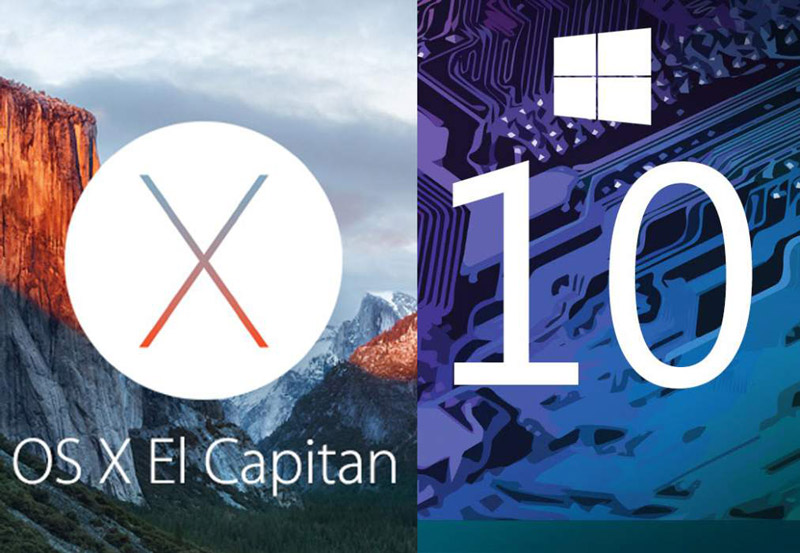In 2009 Russian programmer Eugene Kaspersky, co-founder and head of “Kaspersky Lab” called for his assistant to undermine the work of his rival, the antivirus software vendor AVG Technologies. This was written by the newspaper Reuters.
The Agency refers to one of the emails, virus, whose correspondence was available to Reuters. In his letter to Eugene Kaspersky quoted the famous saying of Vladimir Putin, urging “to wet in a toilet” company competitor. According to former employees, the virus was referring to the deception AVG Technologies, which would lead to serious errors in the work of the company.
“Frankly, I would be very bad, AVG will become a public company and will earn a billion. They will not say thank you or I — not even hope. Watering is one of the methods that we will definitely be used in combination with other”, — quotes Reuters the text of one of the letters of Eugene Kaspersky.
In another message Kaspersky refers to the team of the company with a proposal “to wet in a toilet” AVG, noting that the head of the European division of the Laboratory previously was very positive about the tactics of using fake attacks to sabotage the competition.
This is not the first accusation of “Kaspersky Lab”. Earlier in August, Reuters wrote that the company is in a period of ten years cheated competitors, supplying them with false information about malware. False information about which files are malicious, received Microsoft, AVG, and Avast. As a result antivirus software from these manufacturers deleted important files from the computers of their clients, mistaking them for dangerous.
Sources say that the founder of a Russian company believed the sabotage is necessary for two reasons. “He didn’t like that many copied software “Kaspersky Lab”. He also wanted to corrupt competitors, to expand the company’s influence on the market”,— said the source.
“Kaspersky lab” has called those claims false.




